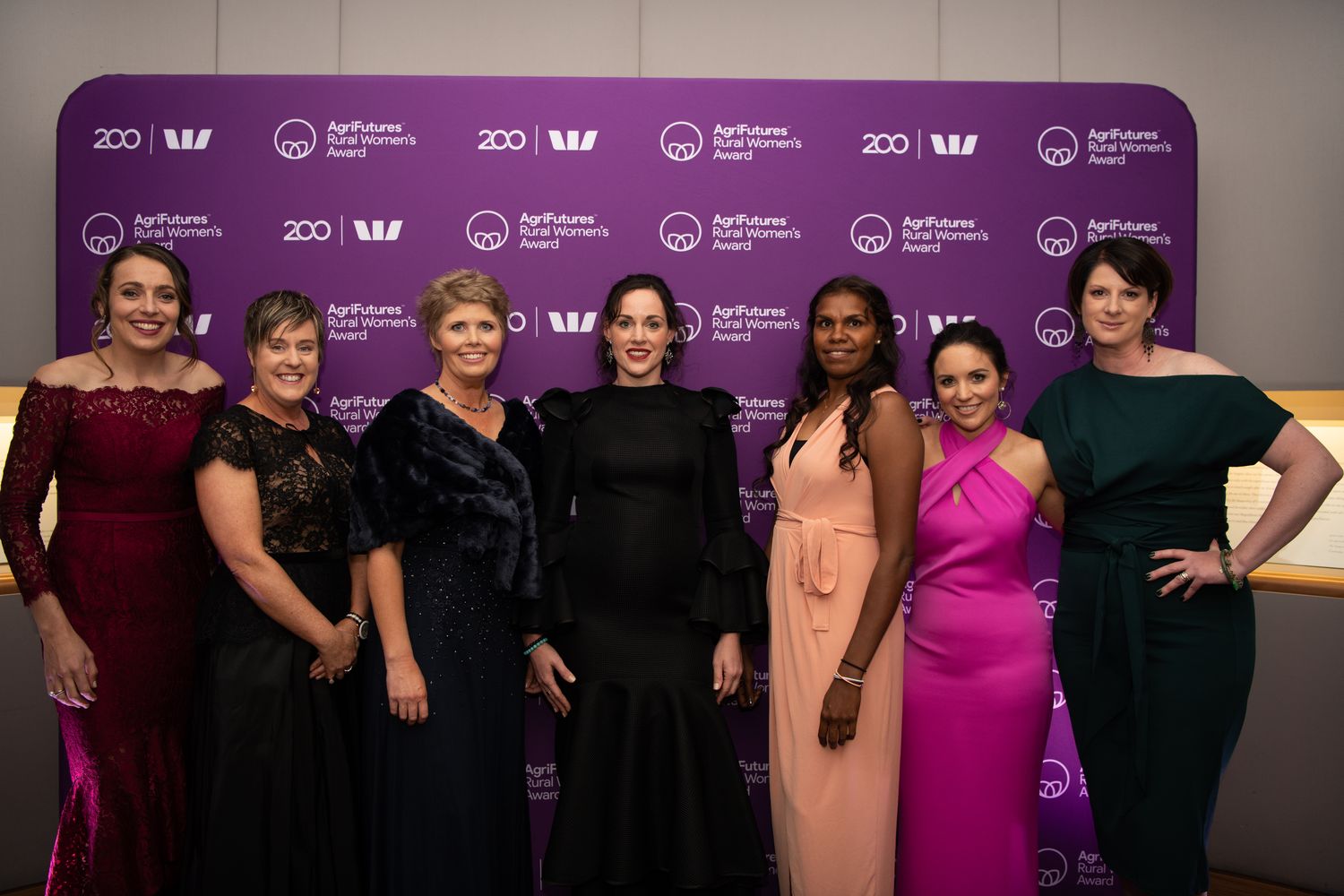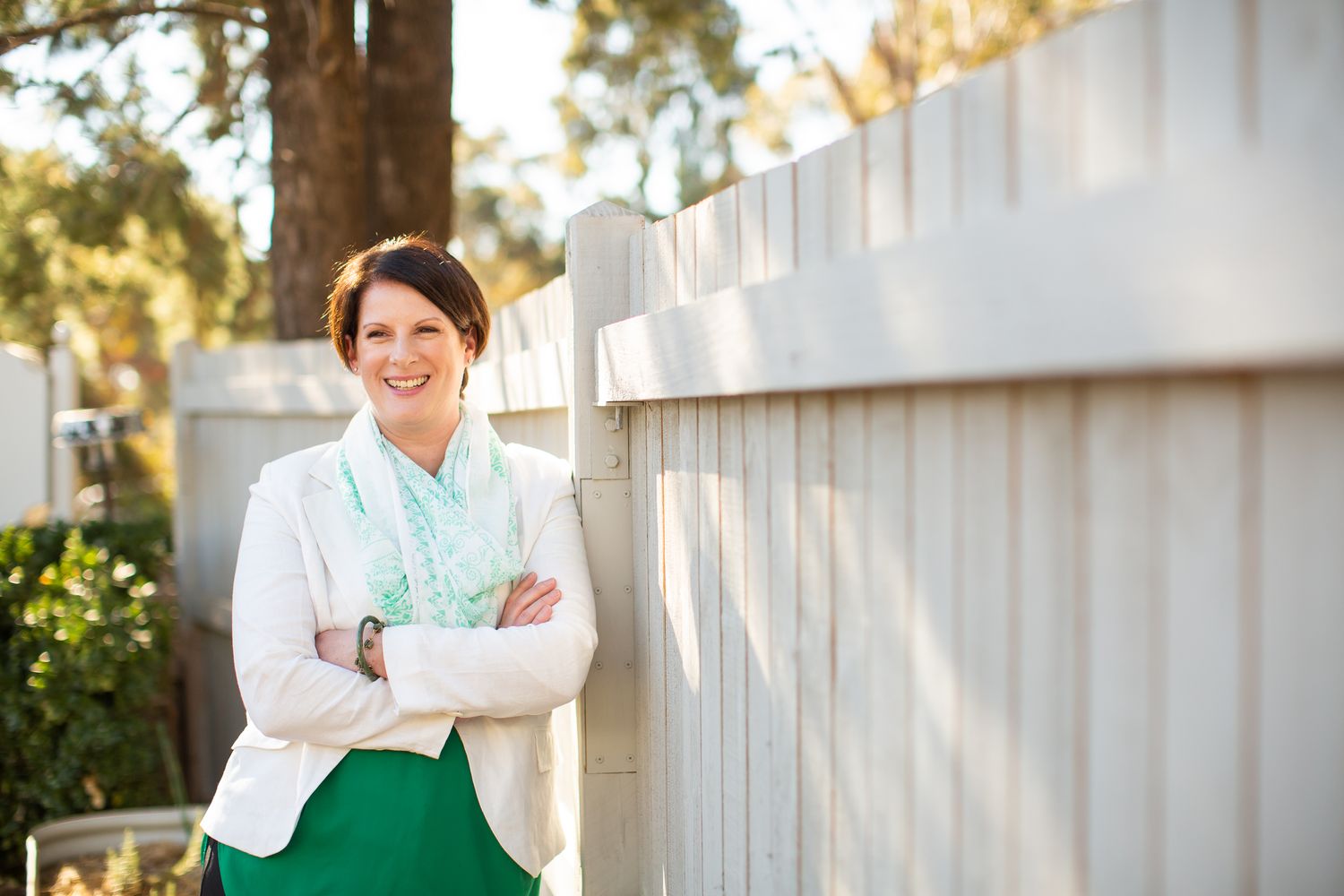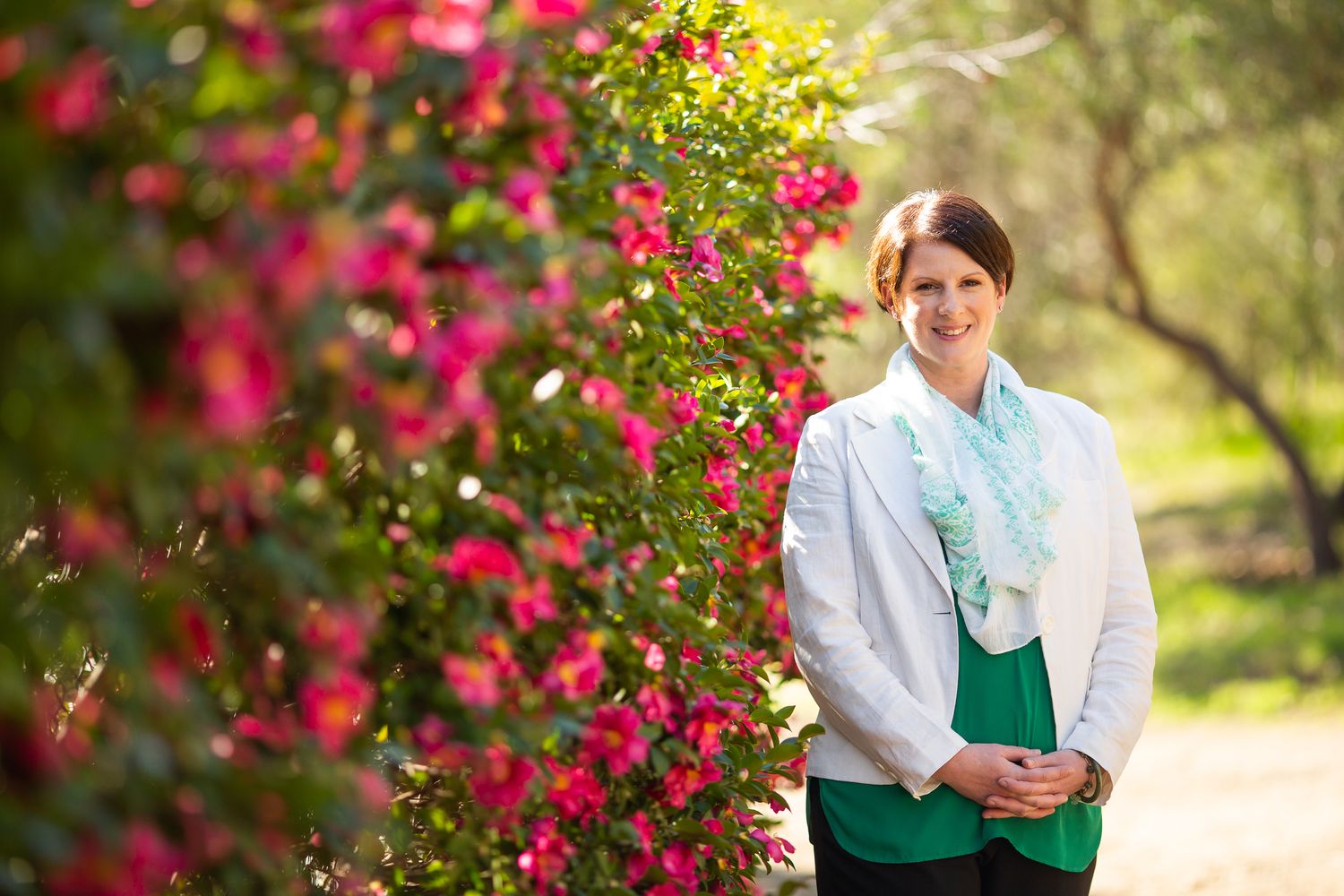This Farm Needs a Farmer: Sharing knowledge and connecting communities
After moving to regional Victoria in 2012, Melissa Connors identified a knowledge gap between the older generation of farmers and ‘tree-changers’ such as herself. To bring the two groups together, Melissa established This Farm Needs a Farmer and was recognised for her contribution to agriculture by taking home the 2018 AgriFutures Victorian Rural Woman of the Year award.
Fast facts
Name: Melissa Connors
Location: Kyneton, VIC
Works: This Farm Needs a Farmer
It has been well-reported that Australia’s major capital cities are growing rapidly. In 2017, the Australian Bureau of Statistics stated that Melbourne experienced the largest growth of all greater capital cities (125,400), followed by Sydney (101,600) and Brisbane (48,000).
However, despite these rising figures, there are families who are shunning city living for a quieter existence in regional areas. Six years ago, Melissa Connors and her family moved from Melbourne to live on a 10-acre property in Kyneton, located in Victoria’s Macedon Ranges. It wasn’t an easy transition and with little farming experience, the Connors struggled.
In 2015, Melissa struck up a conversation with neighbouring retired farmer. Following this chance meeting, she realised that there could be an opportunity for collaboration.
“Here we are (my husband and our kids), moved onto a property where we don’t know anything and then we’ve got these retired farmers, walking around our regional towns at a lost end and not sure what to do with themselves,” Melissa says.
“I just thought that this is the perfect opportunity to tap into that knowledge that they have; give them that opportunity to retire on the farm; and share the knowledge and the wisdom that we actually need.”

Finding a helping hand
Inspired by her conversation with Noel, Melissa established This Farm Needs a Farmer to assist other families making a tree-change. It also allows farmers to have the option of retiring on the farm and sharing their knowledge with those who need it.
Getting involved in the project is a simple process. Any farmers or tree-changers can log on to the website (thisfarmneedsafarmer.com.au) and submit their details which are then captured on a national database.
“This is so we can have a record of who needs what and who’s offering what in every area. That is consistently growing stronger every day which is really exciting; it’s completely organic growth – I really haven’t had to push it at all which tells me that it’s such a needed service in a lot of areas,” Melissa says.
“This is especially the case in commuter towns, where people are still commuting to Melbourne or a capital city and are living on these properties that they want to work or manage. And a lot of the time, they eventually want to transition full-time to their property.”
The project’s Facebook and Instagram pages are other ways of connecting with Melissa, while she is also available to be contacted directly via mobile.
“I highly value and encourage experienced growers to get in contact because that not only grows the network, it grows the community. At the end of the day, that is what it’s all about – people connecting with people and doing what they love,” she says.
"Some of the older generation say, and I'll quote, 'Those greenies; we don't have time for them, coming in to take over.' But that's just not the case. They actually want to learn, they're thirsty for knowledge and want to do the right thing and really develop their property so that future generations can benefit."
Overcoming challenges
Establishing the project hasn’t been all smooth sailing – the farmers have been a “tough nut to crack”, according to Melissa.
The feedback on the project has been mixed, although current working farmers (both established and new to the industry) see a lot of value in the tree-changers and are willing to help them.
“Some of the older generation say, and I’ll quote, ‘those vegan greenies; we don’t have time for them, coming in to take over.’ But that’s just not the case. They actually want to learn, they’re thirsty for knowledge and want to do the right thing and really develop their property so that future generations can benefit,” she says.
“It’s still a work in progress, but that hasn’t stopped the project itself from developing and evolving in other areas. There’s a real movement with people making the tree change and becoming aware of how their food is being treated, where it’s come from and what is on the plate in front of them.
“I am finding that it is primarily a lot of families with young children – they’re becoming more conscious of what’s going into their body, and just wanted to make that change away from the rat-race and offer their children a better way of life.”
As a result, This Farm Needs a Farmer is being rolled out in other regions beyond the Macedon Ranges, which will open opportunities for people to gain experience on working farms.
“Or they could have a mentor come to their farm and go through what they think would be best, or discuss how they want to work their property and how they go about it,” Melissa says.
Anyone interested in the project should mark 24 February 2019 in their diary, with a field day for This Farm Needs a Farmer taking place in Kyneton, Victoria.
“It’s an opportunity for people to come and talk, and just be in a comfortable environment where no knowledge is assumed, everything will be explained, and you will be fully supported,” Melissa says.
“It’s a welcoming, friendly and inclusive community that I’m creating. Kids are more than welcome. That’s the other thing – our working mothers are so undervalued and so underestimated in terms of what they can achieve, and working your property in agriculture – what better way than to work from home?”

Reward for effort
This year, Melissa was recognised for her tireless work when she received the 2018 Victorian AgriFutures Rural Women’s Award. She joined other recipients from around the country in the running for the national accolade, which was awarded to Queensland banana grower and food innovator Krista Watkins. The finalists are all champions in their respective fields and offer a range of innovative ideas to promote and safeguard the future of Australian agriculture.
Melissa almost didn’t apply for the award, believing her project wasn’t worthy of a nomination. She is now glad she did.
“No matter what the outcome is, I really encourage people to give these sorts of things a go,” she says.
“It makes you sit down and think about how you want to go about your project or your idea, and what sort of plan you want to put in place. It gives clarity to your idea and helps to get it off the ground or progress it further – and that’s never a waste of time.”
The AgriFutures award experience has been a positive one for Melissa.
“The alumni that I’m now part of for the AgriFutures Rural Women’s award is such a valuable tool in being able to launch this project in other regional and rural areas,” she says.
“I’ve already got trusted connections that I can contact and use, and with the support of AgriFutures and their focus on the alumni, it is a powerful tool. It’s exciting because I can tap into these women and bounce my ideas off them; I can put a call out and say, ‘I need someone who knows this in this area’ and the alumni can respond to me; I can get mentoring personally and professionally – it’s a necessary part of trying to operate and create a business.”
This profile first appeared in the leading magazine for the Australian potato industry, Vegetables Australia, and was featured in the AUSVEG Weekly Update published 19 February 2019. If you’d like to subscribe to receive a new edition of Vegetables Australia in your mailbox every two months, use our online subscription form!
Photography credit: Jackie Cooper and Rachael Lenehan

